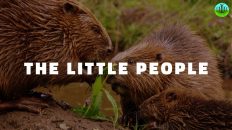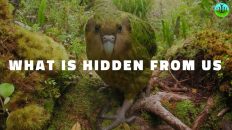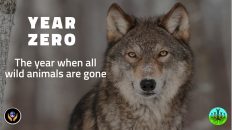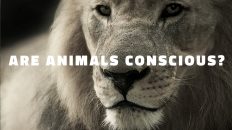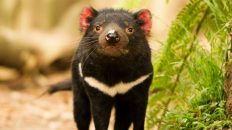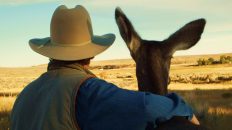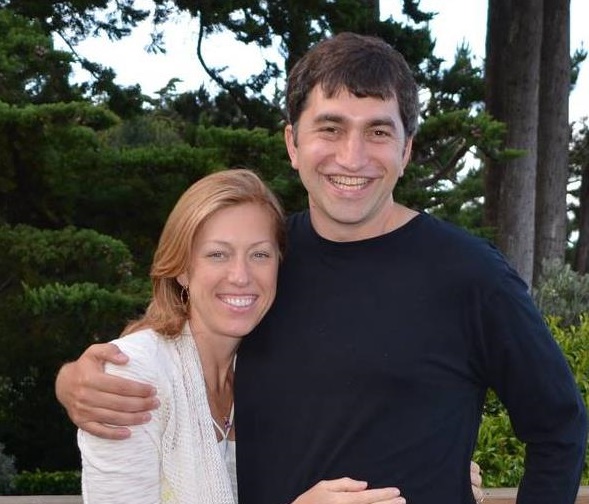I am a very devoted gardener and there was a day about seven years ago, I was planting potatoes, and the bees were working on this tree – bumble bees just making this thing vibrate.
And the question I asked myself that afternoon, “What did I and that bumblebee have in common?” Both of us were disseminating of one species and not another and both of us thought we were calling the shots. I was deciding what kind of potato I was going to plant and that bee no doubt assumed that it had decide I am going for tha blossom, I’m going to get the nectar and then I am gonna leave.
We have a grammar that suggests that we are sovereign subjects in Nature. I plant the potatoes. I weed the garden. I domesticate the species. But that day it occurred to me “what if that grammar is nothing more than a self-serving conceit?” Because of course the bee thinks he’s in charge but we know better. We know that bee has been cleverly manipulated by that flower. It has evolved a very specific set of traits – color, scent, flavor, that has lured that bee in. The bee has been cleverly fooled into taking the nectar, and also picking up some powder on its leg and going off to the next blossom.
The bee is not calling the shots and I realized then I hadn’t either. I had been seduced by that potato and not another into spreading its genes, giving it a little more habitat.
Looking at the world from other species’ point of view is a cure for the disease of human self-importance. You suddenly realize that consciousness is really just another set of tools for getting along in the world. So while we have consciousness, tool-making, language, plants have bio-chemistry, and they have perfected that to a degree far beyond we can imagine.










